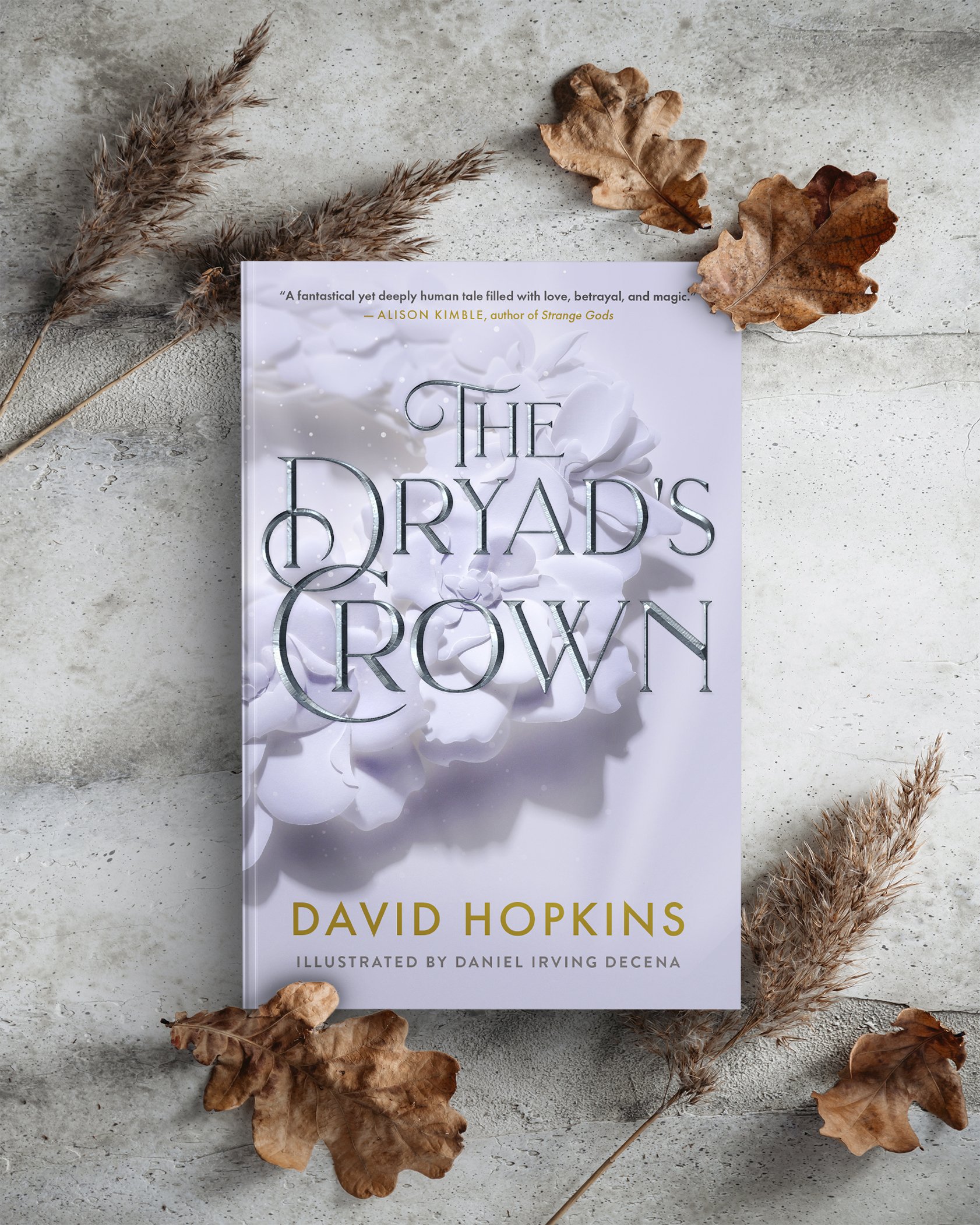"The point is, ladies and gentleman, that greed, for lack of a better word, is good. Greed is right, greed works. Greed clarifies, cuts through, and captures the essence of the evolutionary spirit. Greed, in all of its forms; greed for life, for money, for love, knowledge has marked the upward surge of mankind. And greed, you mark my words, will not only save Teldar Paper, but that other malfunctioning corporation called the USA. Thank you very much." - Gordon Gekko, WALL STREET
Now substitute the word "greed" with "ego." If greed is the catalyst to a free market economy, then ego acts in the same regard for creative pursuits.
(1) the "I" or self of any person; a person as thinking, feeling, and willing, and distinguishing itself from the selves of others and from objects of its thought. (2) the part of the psychic apparatus that experiences and reacts to the outside world and thus mediates between the primitive drives of the id and the demands of the social and physical environment. (3) egotism; conceit; self-importance (4) self-esteem or self-image; feelings (5) the enduring and conscious element that knows experience (6) the complete person comprising both body and soul.
I'd like to add one more definition. I would clarify that "ego" is the exertion of one's will onto their world. Any writer or artist who wants to pretend that their task doesn't involve, on some level, forcing their vision upon others is fooling themselves.
Maybe you use less violent language, but a writer or artist presents their work and says, "This is my world. This is my truth. Embrace it." Artists, in any media, are stubbornly committed to their vision. Thus, why some of the world's greatest novelists, poets, painters, and filmmakers are famous egomaniacs. (Andy Warhol and Alfred Hitchcock come to mind.) The challenge is for the artist to compartmentalize their egotism, and save it for their art; balance it with compassion. This does not mean the ego-filled artist shouldn't listen to criticism or collaborate with others, but they do not give their trust easily. The priority is always to make their work better.
We may have to get past this negative connotation associated with ego. There is good ego, and there is bad ego. When I write a story, from first notes to final draft of the script, I am the person responsible for caring about my work. I am the person who must write it. If it doesn't happen, it's my fault. I'm the only person who can compromise my work. I'm the only person who will defend it. From my perspective, taking ultimate responsibility is an act of ego. After I've written it, if it's an honest work and skillfully executed, there's an audience for my story. Too many writers allow their insecurity to play the role of editor, and they mutilate their story until it lacks any voice or personality. There is no "I", no ego. If you are going to fail, fail with your own ideas.
